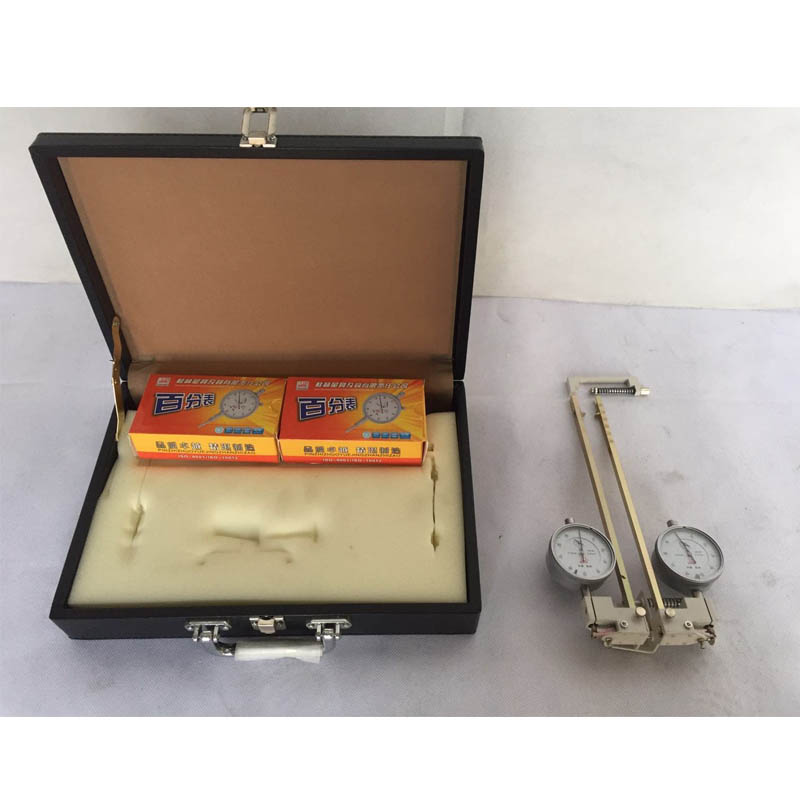insulation resistance testers manufacturers
Understanding Insulation Resistance Testers A Guide to Manufacturers
Insulation resistance testers play a crucial role in ensuring the safety and reliability of electrical systems. These instruments are essential for measuring the insulation resistance of various electrical components, helping to prevent equipment failures, electrical shocks, and fire hazards. As technology advances, the demand for high-quality insulation resistance testers from leading manufacturers continues to grow. This article explores the significance of insulation resistance testing and highlights some key manufacturers in the industry.
Importance of Insulation Resistance Testing
Insulation resistance testing is fundamental for several reasons. Primarily, it evaluates the integrity of insulation in electrical systems which includes motors, transformers, and cables. Insulation degradation can lead to short circuits or electric shocks, which can pose serious risks to both equipment and personnel. Regular testing helps detect these issues before they escalate into significant problems.
Typically, insulation resistance is measured in ohms, and a high resistance value indicates satisfactory insulation, while a low value signals potential leakage currents and insulation failure. The testing process involves applying a voltage to the insulation system, usually ranging from 250V to 5kV, depending on the application and the voltage rating of the equipment being tested.
Key Manufacturers of Insulation Resistance Testers
The market is filled with various manufacturers offering insulation resistance testers, each providing different features and technologies to meet specific industry needs. Here are some noteworthy manufacturers known for their innovative solutions
1. Fluke Corporation Renowned for its high-quality electronic test tools, Fluke offers insulation resistance testers that are known for their reliability and advanced features. Their products typically come with functions like automatic test sequence options, data storage capabilities, and Bluetooth connectivity for easier data management. Fluke’s testers are widely used across multiple industries, from electrical contracting to industrial maintenance.
2. Megger A pioneer in insulation testing equipment, Megger provides a range of testers designed for electrical professionals. Their insulation resistance testers are equipped with user-friendly interfaces, allowing for efficient operation even in challenging environments. Megger’s devices also feature advanced safety measures, making them a preferred choice for power utilities and electrical contractors.
insulation resistance testers manufacturers

3. Amprobe Known for its diverse lineup of test and measuring instruments, Amprobe manufactures insulation resistance testers that balance performance with affordability. Their testers are designed for both professionals and DIY enthusiasts, offering essential features such as dual display readouts and a variety of test voltages. Amprobe's commitment to quality ensures reliable measurements in field applications.
4. Klein Tools Klein Tools is another reputable name in the industry, known for producing durable and precise testing equipment. Their insulation resistance testers cater to electricians' needs with features like ergonomically designed handles and intuitive interfaces. Klein Tools emphasizes portability, making their testers suitable for on-site inspections.
5. Extech Instruments A subsidiary of FLIR Systems, Extech offers a variety of electronic testing solutions, including insulation resistance testers. Their products come with versatile testing ranges and hold functions for better data capture. Extech’s commitment to innovation is evident in their integration of advanced technology in user-friendly formats.
6. Flir Systems In addition to thermal imaging cameras, Flir Systems also provides high-quality insulation resistance testers that cater to various commercial and industrial needs. Their emphasis on integrating technology for smart diagnostics helps users identify insulation issues quickly while offering comprehensive test documentation.
Choosing the Right Tester
When selecting an insulation resistance tester, it is essential to consider several factors, such as the maximum test voltage, insulation resistance range, safety features, and ease of use. Professionals should also assess the specific requirements of their applications, as different industries may have unique standards and regulations.
Conclusion
Insulation resistance testers are vital tools for ensuring electrical safety and equipment longevity. With many manufacturers offering diverse options in the market, choosing the right tester requires careful consideration of features and specifications. Emphasizing quality, performance, and user-friendliness, companies such as Fluke, Megger, Amprobe, Klein Tools, and Extech stand out as reliable sources for insulation resistance testing equipment. As technology continues to evolve, these manufacturers are likely to introduce even more advanced testing solutions, further enhancing safety standards in electrical installations.
-
The Role of Tensile Force Testers in Quality Control and Material Science
NewsAug.01,2025
-
Maintenance and Safety Tips for Aging Ovens
NewsAug.01,2025
-
Density Balance in Forensic Science
NewsAug.01,2025
-
Advanced Optical Measurement Technologies
NewsAug.01,2025
-
A Buyer’s Guide to Tensile Test Machines
NewsAug.01,2025
-
Why the Conductor Resistance Constant Temperature Measurement Machine Redefines Precision
NewsJun.20,2025
 Copyright © 2025 Hebei Fangyuan Instrument & Equipment Co.,Ltd. All Rights Reserved. Sitemap | Privacy Policy
Copyright © 2025 Hebei Fangyuan Instrument & Equipment Co.,Ltd. All Rights Reserved. Sitemap | Privacy Policy
